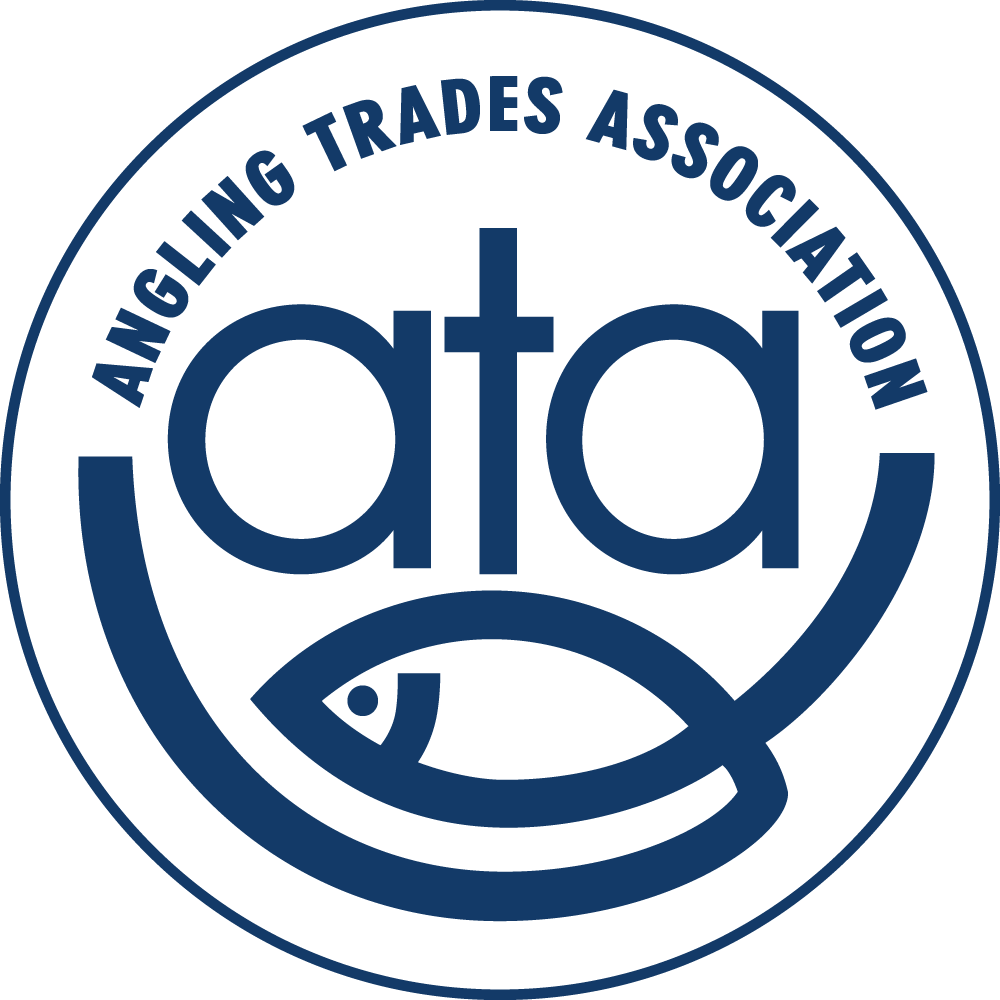The Angling Trades Association (ATA) has submitted to Government a detailed consultation document in response to the proposed Animal Welfare (Sentencing and Recognition of Sentience) Bill. If it becomes law, this legislation is intended to not only fill any vacuum left in welfare provision once Brexit occurs; according to Michael Gove, Secretary of State for Environment, Food & Rural Affairs, it will form “… the start of our ambition to set a global gold standard for animal welfare as we leave the EU”.
Scientific experts, including ATA Chief Executive Dr Bruno Broughton, have advised that the proposed new Bill includes several key aspects which are of significant concern because of the possible unintended and serious consequences that may arise from them. They occur in the draft text in the repeated statements that:
“animals are sentient beings”
and that:
“Ministers must have regard to matters affecting the public interest”.
As currently drafted, the scope of the proposed Bill encompasses all animals, without exclusion based on phylum or class. From a scientific perspective, the same degree of enhanced legal protection would be granted to – say – single-celled Amoeba, parasitic fleas, nematode worms and barnacles as that afforded to great apes and ‘companion animals’. It is difficult to visualise how this might apply without potentially huge and adverse implications on most spheres of human activity.
It could be argued that the Bill should cover only specified, more evolutionarily-advanced animal groups such as vertebrates or so-called ‘warm-blooded’ animals. Such restrictions have considerable merit because they would be more practical, simplify enforcement and restrict potential costs. The Bill should clearly define what animals it covers and which are excluded.
In Western philosophy, animal sentience is usually understood as the ability to perceive or feel things, or to experience sensations. This does not mean that sentience is intrinsically linked to the emotional abilities of animals – their capabilities to experience pain or pleasure, for example; rather, it implies that animals are capable of detecting and reacting to external stimuli.
This does not signify that fish are incapable of complex behaviour, but it does demonstrate that, anatomically, fish do not have the ability to experience pain or pleasure. This is also the case with many other classes of animals. If the word ‘sentience’ is to be retained within the Bill, it is essential that its definition is precise and legally robust.
Moreover, as currently drafted, the Bill would apply to all animals, irrespective of whether they are ‘kept’ or not, and as such it would cover stillwater, riverine and marine fish. Naidre Werner, ATA Chair commented:
“If Section 59 of the Animal Welfare Act is revisited or if a similar section is added to the current Bill, there should be a clearly stated exemption for recreational fishing in fresh water and marine waters”.
Dr Broughton warned of the likelihood of unintended and dangerous consequences arising from the Bill.
“Good fish welfare is at the very heart of angling because the sport relies on healthy fish and sustainable fish populations. However, as currently drafted, the Bill would be a hostage to fortune and enshrine in law what would amount to animal rights legislation. This could be disastrous for millions of citizens and for huge sections of British industry, commerce and recreation, including our own. “
The ATA is committed to ongoing dialogue with Defra to push for a sensible approach to redrafting the Bill, thereby ensuring that it is fit for its intended purpose.
